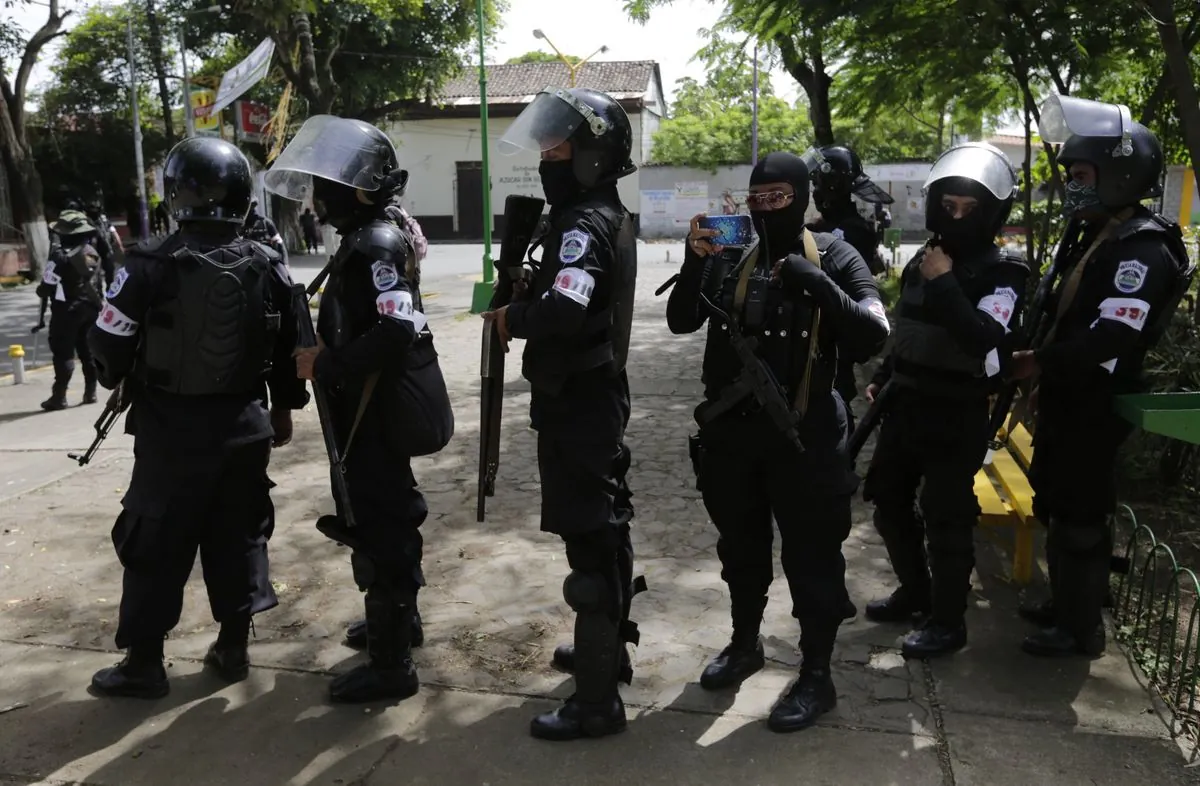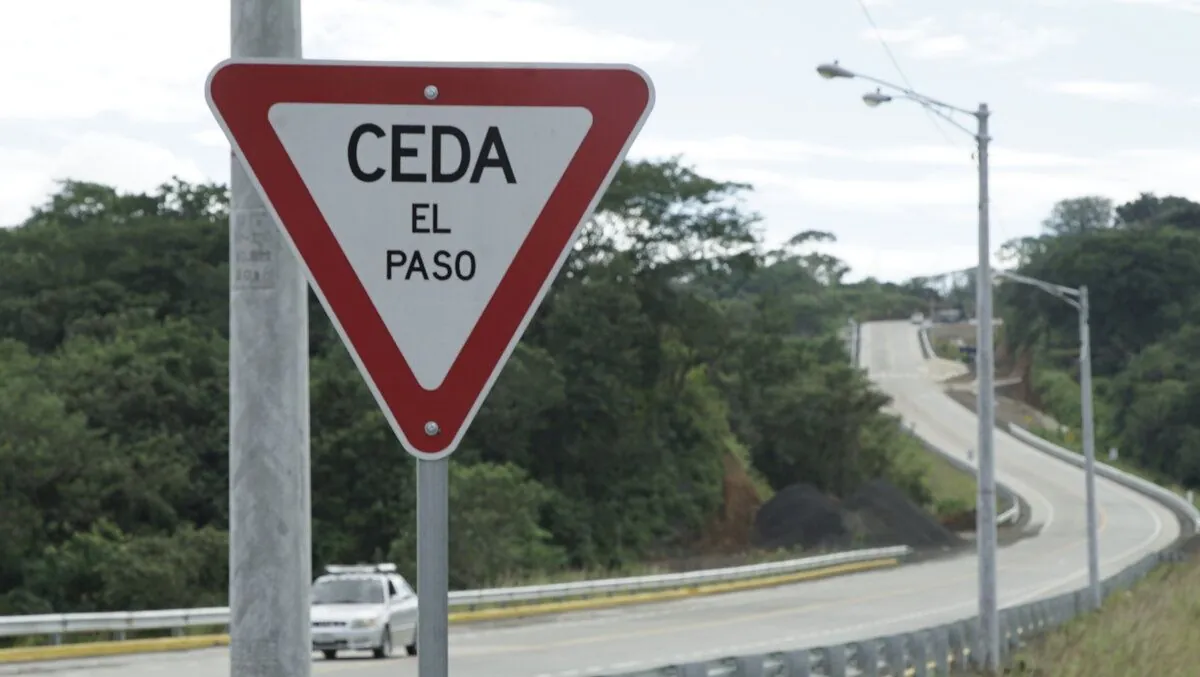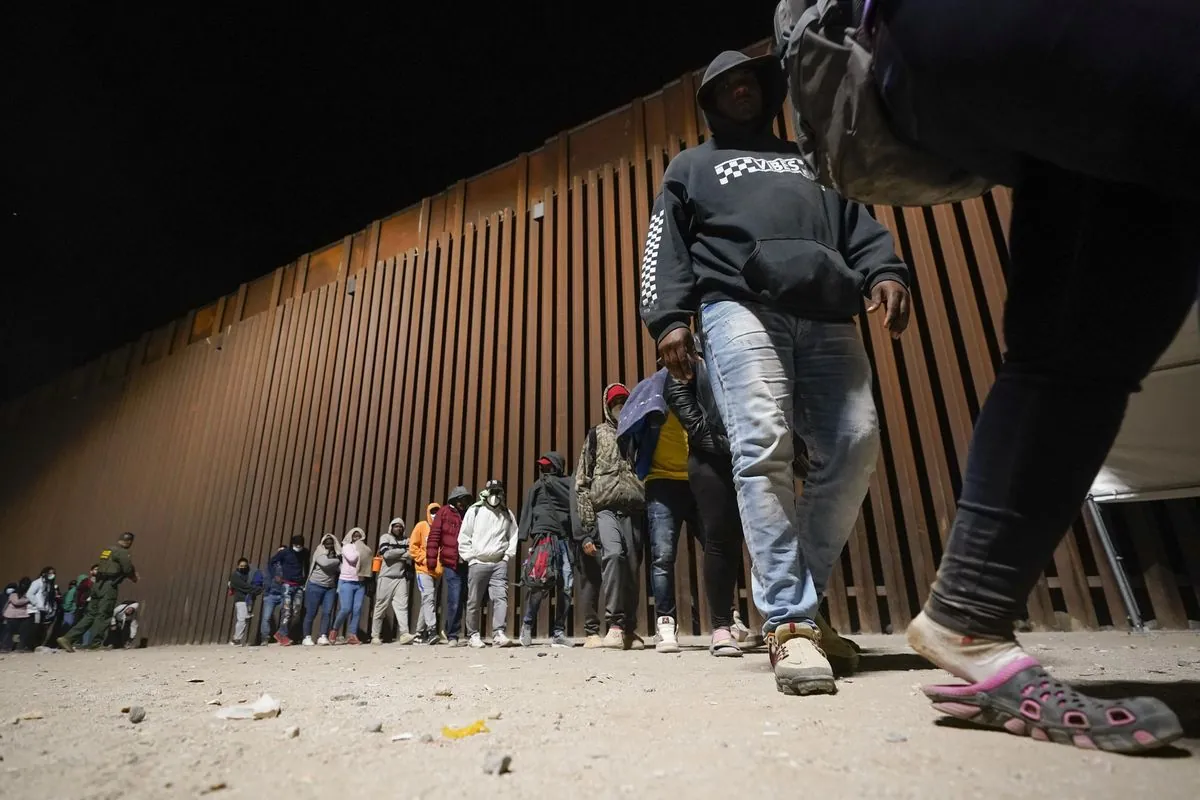CABEI's Controversial Funding to Nicaragua Amid Human Rights Concerns
Investigation reveals CABEI provided $2.65 billion to Nicaragua from 2018-2022, despite documented human rights abuses. Loans increased as repression intensified, raising questions about international development bank practices.

The Central American Bank for Economic Integration (CABEI) has come under scrutiny for providing substantial financial support to Nicaragua's government, despite widespread reports of human rights violations. A Washington Post investigation has revealed that between 2018 and 2022, CABEI lent $2.65 billion to Nicaragua, primarily for infrastructure and environmental projects.
This funding occurred during a period when Nicaragua, the largest country in Central America by land area, experienced significant political turmoil. The government, led by President Daniel Ortega, faced accusations of violent repression against opposition figures and civilians. Ortega, once a celebrated revolutionary who overthrew the Somoza dictatorship in 1979, has since been criticized for consolidating authoritarian power.
CABEI's lending to Nicaragua increased from $365 million in 2018 to a peak of $805 million in 2021. This surge coincided with intensified government crackdowns, including the detention of political dissidents and presidential candidates. Juan Sebastián Chamorro, a former Nicaraguan deputy minister and opposition figure, noted that CABEI became the primary source of funding for public works as other international development banks reduced their involvement.

The investigation also uncovered that CABEI funds were used to support police activities between 2018 and 2020. This included the construction or renovation of at least 19 police precincts, purchase of communication systems, and development of a data center at police headquarters. These actions occurred as the Nicaraguan police were implicated in widespread human rights abuses.
"These violations and abuses are being perpetrated in a widespread and systematic manner for political reasons, constituting the crimes against humanity of murder, imprisonment, torture, including sexual violence, deportation, and politically motivated persecution."
Dante Mossi, CABEI's president from 2018 to 2023, defended the bank's funding decisions, stating it was not his mandate to judge a country's democratic status. However, the new CABEI president, Gisela Sánchez Maroto, has expressed regret over past lending practices and is implementing new anti-corruption and human rights policies.
The impact of this political repression has been significant. Between 2019 and 2023, nearly 700,000 Nicaraguans left the country, which has a population of under 7 million. Many sought asylum in neighboring countries or the United States.
While CABEI increased its lending, other international financial institutions like the World Bank and the Inter-American Development Bank reduced their involvement in Nicaragua. This made CABEI the country's largest external creditor, raising questions about the role of development banks in countries facing human rights concerns.
Nicaragua, known for its diverse geography including 19 active volcanoes and two coastlines along the Pacific Ocean and Caribbean Sea, continues to grapple with political instability. As the country moves forward, the international community remains watchful of both its internal developments and the practices of institutions that provide it with financial support.



































